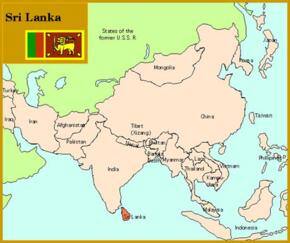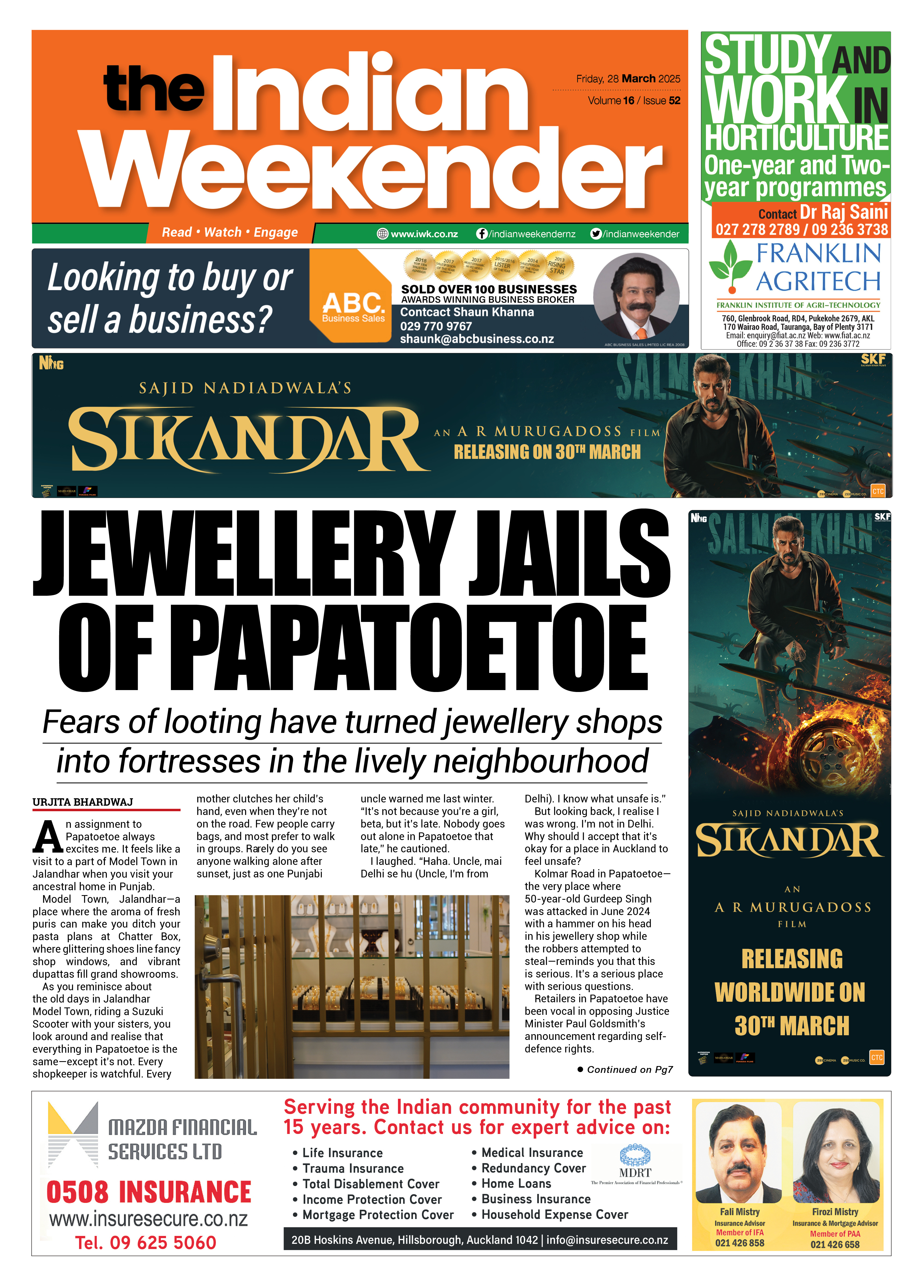Sri Lanka: Looking back and forward

All eyes are on Sri Lanka as it is poised to host the Commonwealth Heads of Government Meeting in November this year. So far, Canada has vociferously opposed this in light of Sri Lanka’s abysmal Human Rights record.
Currently in Sri Lanka, the crackdown on Tamils continues. While some would stop shy of calling this genocide, it is clear that an independent, transparent investigation of old and new cases of human rights violations and war crimes is urgently needed.
“In Sri Lanka, there is a pervasive sense of subjugation and only a veneer of peace. There have been some positive changes in recent times, like the emergence of large scale protests, to which the government has reacted with severe heavy handedness,” said Kadambari Gladding, an independent journalist based in New Zealand.
“So, while war is over, attention must not shift from the ongoing crackdown on dissent.” She adds that some of those who seek refuge overseas are no doubt economic migrants but most are largely genuine asylum seekers.
33 year old Palani, talking in flat consonants of Tamil and an even tone, speaks of his own journey from the military camp in northern Sri Lanka to the far shores of New Zealand.
In the immediate aftermath of war in mid-2009, captured civilians were herded into enclosures, stripped naked and waved this way or that. 5 people per tent, 50 people per toilet.
Everyone bathed at a common lake and slept on the bare ground. Sometimes, army personnel randomly questioned and took children away.
Their mothers never dared to protest, lest they took their other children away too. Often, there was no food or medicine. People, especially those in their 20s and 30s disappeared without a trace. Torture, terror took many forms remembers Palani of his 8 days in the camp at Vanni.
Armed conflict between the Sri Lankan government and the Liberation Tigers of Tamil Eelam (LTTE), which wanted a separate state for the country’s ethnic Tamil minority in the north and the east, began in 1983. From the earliest days of war, ordinary Sri Lankans have witnessed and experienced violence at the hands of both sides.
After a brief ceasefire from 2002 to 2006, conflict re-emerged with the army’s defeat of the LTTE in May 2009. From 2008, with no independent witnesses in the conflict areas, the Sri Lankan government is accused of gross human rights violations and war crimes; charges that they have consistently denied.
The final offensive in May 2009 is remembered by those who were there, like Palani, as particularly brutal, specifically targeted and included the full gamut of offenses - no distinction between military objectives and indiscriminate attacks on civilians; labeling them traitors; unlawful killings, including extrajudicial executions; abductions and enforced disappearances; and torture of prisoners.At Vanni, there was a special `show camp’ Katharagama for the visiting foreign journalists, says Palani. Around this time, a contagious whooping cough infection proved lucky for him as it was enough to convince the army doctor to shift Palani to a hospital in Vavuniya. His sister, incidentally a nurse at the same hospital, agreed to help him.
At the hospital, he made his way out through the nursing quarters and escaped. From Vavuniya, he took a train to Colombo. There at the Indian embassy, an agent organised a Visa to India and he came to Chennai. From here his papers for NZ were processed and in March 2013, Palani found himself in New Zealand.
Today, as per the Amnesty International report ‘Sri Lanka’s Assault on Dissent’: Sri Lanka is failing to comply with its international obligations to respect and protect the rights to freedom of expression, peaceful assembly and association, as well as other rights. Civil society activists and others who have expressed dissent have been subjected to threats, harassment and intimidation, arbitrary detention, enforced disappearance, torture and other ill-treatment, and in some cases have been killed; some have fled the country for their own protection and now live abroad.
“Even today, the 20-30 age group is missing from the areas. Some pay money, the lucky ones escape and no one knows what happened to the rest. If I had remained there, I would have been the one of the missing ones too,” Palani says. He carries a bit of the war with him even today. Two pieces of shrapnel from the injuries he sustained in the attack are still lodged in his leg and he is currently on a waiting list at a New Zealand hospital to have them removed. The route of redress and justice is not easy.
“Suffering and grief is an intensely personal experience. So, as an outsider, I can never fully understand it,” remarked Gordon Weiss former UN Former UN spokesperson in Sri Lanka until 2009 and author of “The Cage - The fight for Sri Lanka & the Last Days of the Tamil Tigers.
“Grief is not necessarily something that will give the issue a hearing. This issue needs to be dealt with realism, pragmatism, not idealism.” Weiss was particularly referring to qualifying the situation in Sri Lanka as genocide.
Even so, the UN, the commonwealth and Sri Lanka’s bilateral partners would play a vital role in keeping the pressure on in ensuring the government meets international obligations and ensures accountability.
“The war started for a reason. I do believe that the Tamils were being marginalized in some areas and the Singhalese only policy brought about by the former Prime Minister SWRD Bandaranaike, no doubt contributed to it. Though I don’t blame the Tamils for the uprising, I don’t condone terrorism at all by LTTE or any other organisation such as the Taliban. Sri Lankan Tamils as well as Singhalese both were victims of the war,”
says Asoka Basnayake who is a member of the Auckland Council Ethnic Peoples Advisory Panel and who witnessed the start of the war in 1983 up until she migrated in 1996.
Basnayake, a Sinhalese left after she saw signs of the war intensifying and narrowly escaping a couple of bomb attacks. She lost friends and relatives in the war, including a close friend who was killed by the LTTE in one of the early conflicts. “The war may be over in Sri Lanka, but is it over for the diaspora globally? I don’t think so.”
Most Sri Lankans in New Zealand are reluctant to speak about the war or share their opinion. Their fear is palpable and they worry about the safety of loved ones back in Sri Lanka. So, why has Palani, a recent refugee, agreed to speak out?
“To tell the truth,” he says simply. “In spite of so much already being lost, if I speak the truth, then maybe, at least some people will benefit and something will be saved.”
(This is the concluding part of the special series. Some names have been changed)




